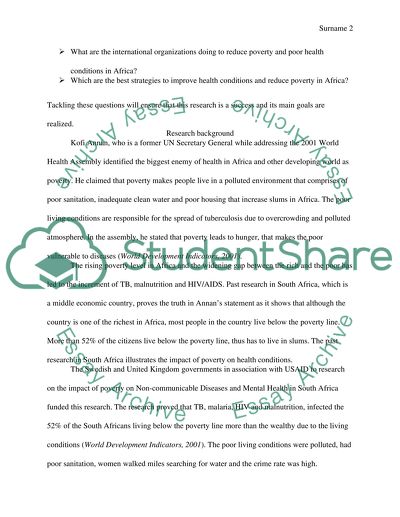Cite this document
(“Poverty and Poor Health Conditions in Africa Essay”, n.d.)
Retrieved de https://studentshare.org/gender-sexual-studies/1682568-poverty-and-poor-health-conditions-in-africa
Retrieved de https://studentshare.org/gender-sexual-studies/1682568-poverty-and-poor-health-conditions-in-africa
(Poverty and Poor Health Conditions in Africa Essay)
https://studentshare.org/gender-sexual-studies/1682568-poverty-and-poor-health-conditions-in-africa.
https://studentshare.org/gender-sexual-studies/1682568-poverty-and-poor-health-conditions-in-africa.
“Poverty and Poor Health Conditions in Africa Essay”, n.d. https://studentshare.org/gender-sexual-studies/1682568-poverty-and-poor-health-conditions-in-africa.


